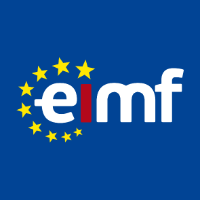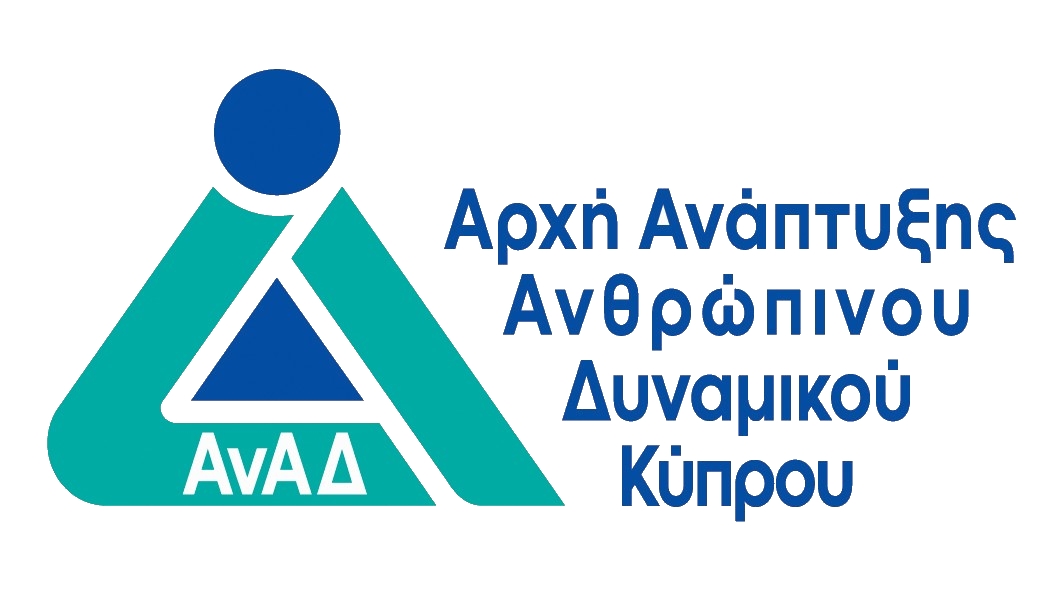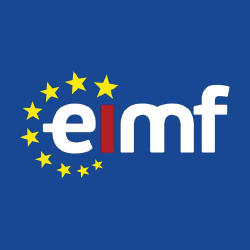
LIVE ONLINE WEBINAR - Certificate in AML, KYC and CDD
- Χρηματοοικ. Ασφαλιστικά Τραπεζικά

ΠΕΡΙΓΡΑΦΗ
The EIMF Live Online Learning Experience
EIMF subject-matter experts deliver engaging and interactive courses across a broad spectrum of areas, that can be enjoyed in the comfort of your own chosen environment.
Course Overview
In a modern world, which is led by technological innovation while regulation is updated on a dynamic pace, committed professionals are obliged to stand against serious threats faced by the financial sector relating to money laundering, bribery, corruption and terrorist financing.
This certificate aims to boost professionals to overcome major hurdles by applying a realistic and efficient risk-based approach, while thinking of the unexpected event of new challenges that appear daily by criminals on a global scale with a dynamic pace. Financial institutions are vulnerable to be used as a stepping-stone for criminals and financial institutions must have enhanced protection for both potential insider threats a well as outsider threats for their organisation.
ΣΚΟΠΟΣ ΣΕΜΙΝΑΡΙΟΥ
- Know the History of Money Laundering and Financial Crime
- Understand the difference between Terrorist Financing and Money Laundering
- Know the expected future of AML and Terrorist financing
- Know how to utilize reliable sources for their research
- Apply Efficient Risk Based Approach to their KYC process
- Recognize the Red Flag Indicators
- Understand the Social Effects deriving from these offenses
- Classify countries and activities on a risk-based approach without being misled by resources
ΣΕ ΠΟΙΟΥΣ ΑΠΕΥΘΥΝΕΤΑΙ
- C-Level Executives and Senior Managers in Investment Firms
- Compliance Officers
- Marketing Managers and Officers
- Sales and Business Development Executives
- Internal Auditors
- Internal Lawyers
- External Auditors, Lawyers and Financial Consultants
ΠΕΡΙΣΣΟΤΕΡΕΣ ΠΛΗΡΟΦΟΡΙΕΣ
Training Outline
The History of Money Laundering and Financial Crime
- How Money Laundering and Financial Crime came to the authorities’ attention
- Placement, Layering and Integration stages definitions and examples
- Major predicate offences as mentioned in the 6th AML directive
- The updated Money Laundering and Terrorist financing risks
The difference between Terrorist Financing and Money Laundering
- Terrorist financing definition and examples
- Preventing money laundering and terrorist financing across EU- the practical approach provided by EU
- EU-US TFTP agreement
- International Context – FATF-MONEYVAL-EGMONT roles
The expected future of AML and Terrorist financing
- The role of FATF and its Recommendations
- How the private organizations absorb the new requirements
- What’s the next step?
Utilising reliable sources for their research
- How to use metasearch and other tools to prevent and detect activities of their clients.
- How Adverse media controls can be effectively achieved by utilising Search engines alerts
Efficient Risk Based Approach to KYC process
- Current EU legal framework
- Documentation required for effective KYC
- What happens after collecting the client’s information?
- Identification-Verification-Authentication process revealed
The Red Flag Indicators
- Major Red flags relating to
- The Client,
- The Source of Funds,
- The Nature and
- The customer behaviour
The Social Effects deriving from AML offenses
- It’s not only Tax Evasion, Drugs and Armory
- Human trafficking
- Kidnapping
- Environmental crimes
- Smuggling
- Countries and activities on a risk-based approach without being misled by resources
Using lists to achieve an unbiased Geographical Risk Assessment via:
- OECD List
- FATF list
- EU and UN Sanctions list
- Basel Index
- Corruption Perception Index
Training Style and Knowledge Test
The programme will utilize the existing regulations and global standards to provide participants with a thorough understanding of the criminal activities that took place around the globe. The programme will start with initial major definitions as given by the European Directives and proceed with the tools that are fit-for the purpose to counterattack those activities, not only on an operational level but on a society level, too.
Participants will consider an out of the box approach for treating their customers fairly, while they decrease the possibilities of their organization formulating the criminals’ expectations to fulfill their terrorist financing and/or money laundering interests. Real life examples and case studies will be provided for a better understanding throughout this programme.
At the completion of the knowledge areas, participants will be assessed via the form of Multiple-Choice Questions which will consist of questions related to the material taught. The aim of the assessment is to examine participants’ overall attention and knowledge of material taught as well as their competencies towards the implementation of practical cases.
CPD Recognition
This programme may be approved for up to 16 CPD units in AML and Financial Regulation. Eligibility criteria and CPD Units are verified directly by your association, regulator or other bodies which you hold membership.
Professionals requiring CPD units to meet the education requirements for CySEC licence renewal, and/or for maintaining other professional memberships/certifications which accept CPD in AML and Financial Regulation, are advised to consider training subjects in categories that indicate CPD training in AML and CPD training in Financial Regulation.
The Association of Anti-Money Laundering Specialists (ACAMS) has confirmed that this programme is accredited for 16 CAMS Credits. Participation in this course does not substitute the requirement to earn (12) ACAMS credits through ACAMS produced training for CAMS recertification.
Trainer
Panagiotis Nikolaou
Panagiotis Nikolaou is a professional with many years’ experience in the Financial Services Sector in general and in the world of Investment Firms in particular. He has worked in CIFs in various positions, including that of the General Manager, Risk Manager, Executive Director, as well as on the front line as Head of Dealing and Brokerage Departments. He currently leads AFXAnts with offices in Nicosia, Athens and Durban. Panagiotis is a full member of Chartered Institute of Securities and Investments (MCSI) and the Society of Technical Analysts (MSTA). He holds CySEC’s Advanced Certification, he is an approved Trainer by the HRDA, and was nominated and sponsored by KPMG and Barclays Bank in 2015 to join “Future Leaders” executive seminars.
Πληροφορίες Εκπαιδευτή
Αναλυτικό Κόστος Σεμιναρίου
Για Δικαιούχους ΑνΑΔ
- € 420.00
- € 170.00
- € 79.80
- € 250.00
- € 297.50
Για μη-Δικαιούχους ΑνΑΔ
- € 420.00
- € 0.00
- € 79.80
- € 420.00
- € 499.80
 Ελληνικά
Ελληνικά  English
English



 Αγγλικά
Αγγλικά
 10 ώρες
(
3 μέρες
)
10 ώρες
(
3 μέρες
)
 Παναγιώτης Νικολάου
Παναγιώτης Νικολάου































